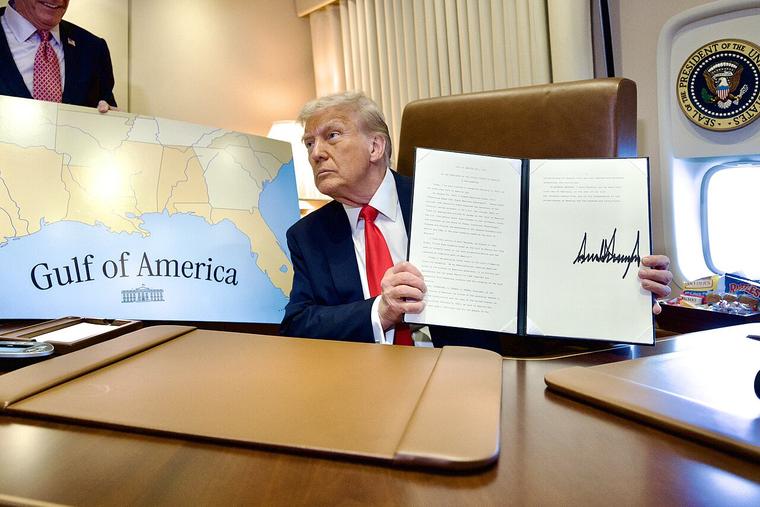
Zhang Monan, Deputy Director of Institute of American and European Studies, CCIEE
Jan 16, 2026
Unable to maintain its position of leadership, the United States is severely hindering the progress of other nations. It’s a self-isolating form of hegemony that poses real geopolitical dangers. By openly acknowledging and pursuing exclusive spheres of influence, America is effectively signaling a return to the law of the jungle.

Xiao Bin, Deputy Secretary-general, Center for Shanghai Cooperation Organization Studies, Chinese Association of Social Sciences
Jan 16, 2026
In 2025, Ukraine gradually changed from a battlefield confrontation to a complex contest centered on cease-fire terms, postwar arrangements and the responsibilities of the world’s major powers. The war in Ukraine did not end in 2025, but a new reality was clearly defined.
Yuen Yuen Ang, Professor of Political Economy at Johns Hopkins University
Jan 13, 2026
For a mathematician, 2025 might stand out for being a “perfect square”: 45 multiplied by 45, a rare symmetry. But its significance goes far beyond numerical elegance – it marks the year the postwar global order expired, and a new one was about to be born.
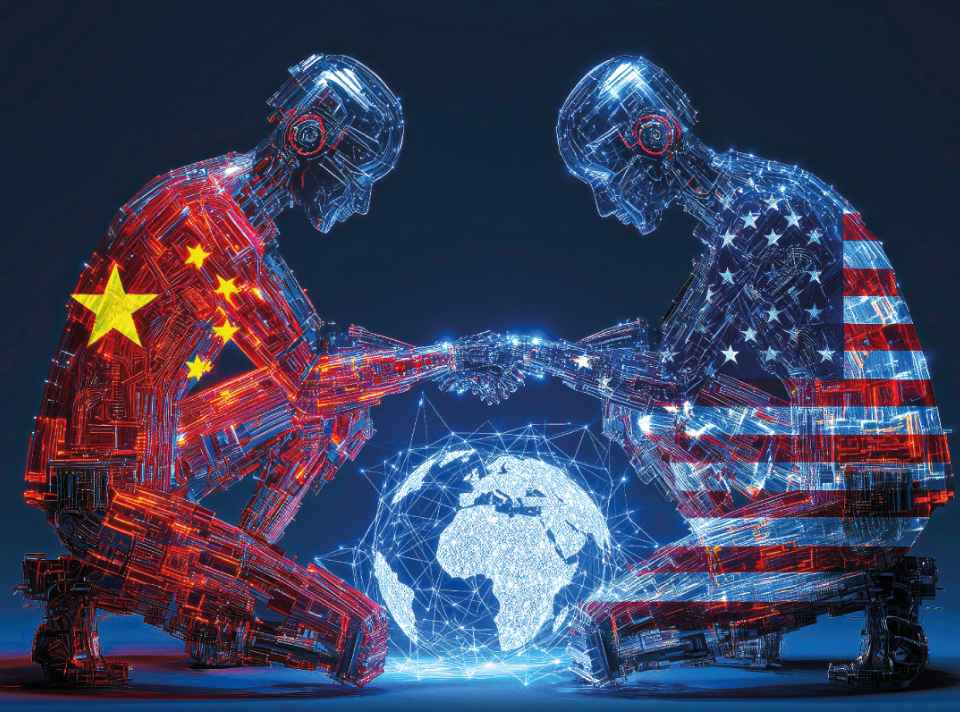
Jake Sullivan, Former U.S. National Security Adviser, Professor at Harvard Kennedy School
Jan 13, 2026
In November 2024, US President Joe Biden and Chinese President Xi Jinping made their first substantive joint statement about the national-security risks posed b
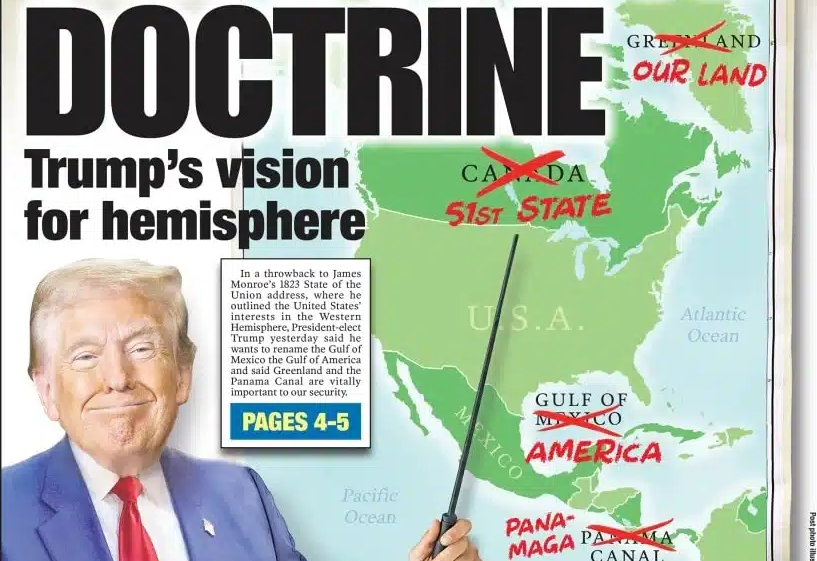
Sun Chenghao, Fellow, Center for International Security and Strategy of Tsinghua University; Munich Young Leader 2025
Jan 12, 2026
Is the United States engaging in retrenchment or a new form of hegemony? Venezuela and Greenland are not separate stories but a single thread. A more transactional, more emotional and more coercion-oriented U.S. is taking shape.

Nong Hong, Executive Director, Institute for China-America Studies; Senior Fellow, Beijing Club for International Dialogue
Jan 12, 2026
The cases of Greenland, Venezuela and Ukraine signal what’s coming in the next phase of global governance. It is not disappearing but is being rebuilt—faster, more contested and more deal-driven than ever under the pressure of crisis and rivalry.
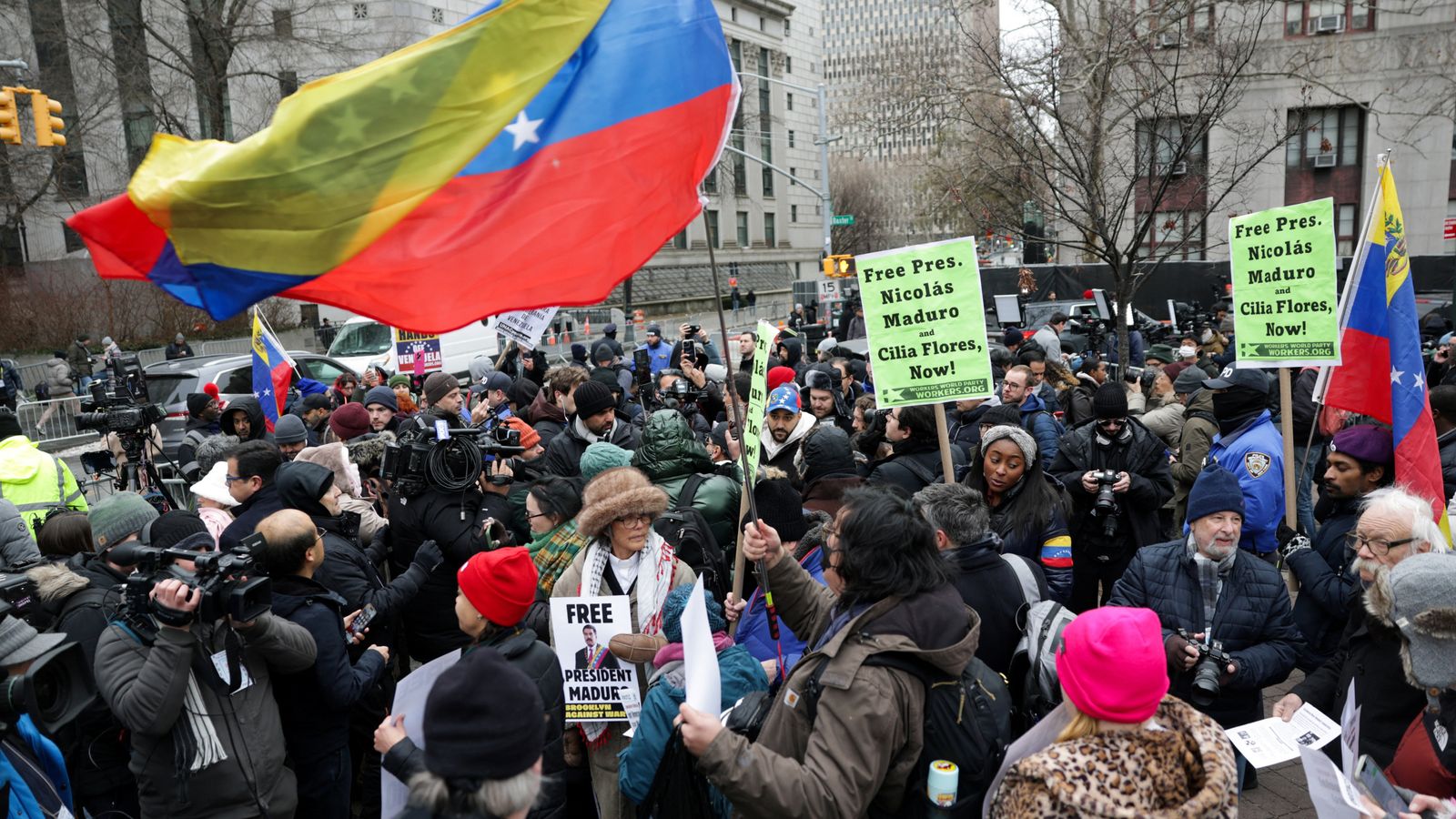
Sujit Kumar Datta, Former Chairman of Department of International Relations, University of Chittagong, Bangladesh
Jan 07, 2026
When lawless behavior by powerful nations can be carried out with virtual impunity—with no significant international opposition—a civilized world order founded on rules rather than brute force can no longer be guaranteed.
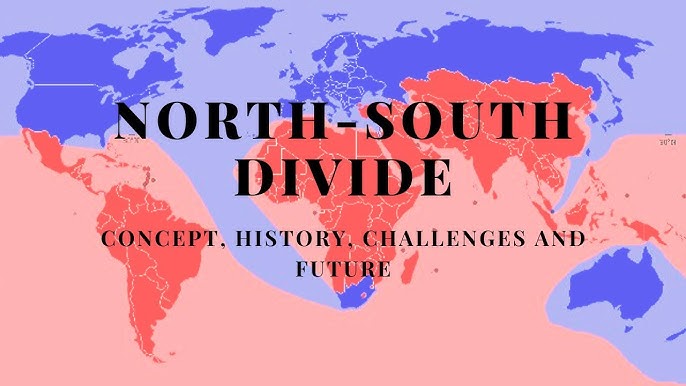
Wang Lei, Assistant Research Fellow, Institute of World Political Studies, CICIR
Jan 07, 2026
Even among America’s allies in the West there is a growing willingness to resist unrestrained U.S. unilateralism. The U.S. must establish a new equilibrium between its traditional isolationist orientation and its commitment to global engagement.

Sun Chenghao, Fellow, Center for International Security and Strategy of Tsinghua University; Munich Young Leader 2025
Jan 06, 2026
For China-U.S. relations today, the realistic question is not how to construct a G2 but how the two countries can find a workable mode of coexistence under conditions in which cooperation and competition can coexist.

Brian Wong, Assistant Professor in Philosophy and Fellow at Centre on Contemporary China and the World, HKU and Rhodes Scholar
Jan 05, 2026
British Prime Minister Keir Starmer’s China policy aims to balance economic engagement with security concerns while ending the UK’s tendency to swing between confrontation and accommodation, but mixed signals have drawn criticism from both China hawks at home and officials in Beijing. Meaningful progress in UK-China relations will depend on delivering concrete cooperation rather than rhetoric or symbolic high-level visits.
Back to Top

- China-US Focus builds trust and understanding between the U.S. and China through open dialogue among thought leaders.
- Our Offerings
- Topics
- Videos
- Podcasts
- Columnists
- Research Reports
- Focus Digest
- Stay Connected
-
Thanks for signing up!
- Get the latest stories from China-US Focus weekly.